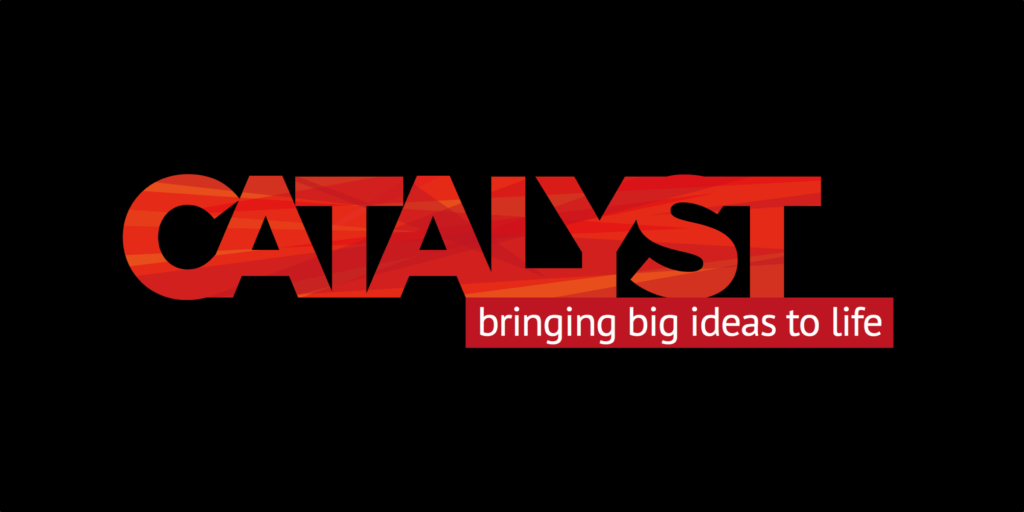
Give peace a chance – a world in transition, December 1, 2021
Pioneering Queenstown hotelier Iris O’Connell’s involvement in the local Red Cross group was one factor that led to her granddaughter Brigid Inder’s decades-long career in international justice and peace building. As was the 506-day occupation by Ngati Whatua of their ancestral land at Takaparawha/Bastion Point, 800 police and army forcibly removing them and then, a decade later, the return of their land by the Waitangi Tribunal. Such examples of peace making and peaceful protest help us understand what has shaped our country, Brigid says. After 15 years’ involvement in armed conflict and the International Criminal Court, she knows many of the victims have complex mental and psychosocial needs as well as physical injuries. And it can take multiple generations to transition from the mentality of violence and the trauma of armed conflict. Against such overwhelming challenges, Northern Uganda has now been peaceful for 15 years. Children have become teenagers without knowing armed conflict or mass violence – the first generation since 1970 to do so. Almost 1/3 of the world’s population are citizens of a member country of the ICC – about the same number as there are Facebook users – suggesting the idea of international justice and accountability has become a shared global norm. Brigid is now campaigning to include the crime of ecocide in the ICC’s ambit and is optimistic the world is “in transition” to another more peaceful, less destructive future. To read her full presentation, click here.
Well-being – a radical new approach, November 22, 2021
To successfully govern for intergenerational well-being, Aotearoa New Zealand needs a new, unifying narrative and institutions to achieve it. We haven’t had this since probably the 1950s, says Victoria University school of government head Girol Karacaoglu, former New Zealand Treasury chief economist. Our existing lifestyles are depleting the “well-being garden” – political, social, economic and environmental – that we and future generations rely on. There are no easy solutions to overcoming these challenges. But among the mix of the “radical new approach” needed are listening to the wisdom and innovation of our kids; giving more power to local communities to tackle the big, wicked problems with local and agile collaborations, then expanding on what works; and the need for a long-term independent “gardening group” at the top of the governance pile to make sure all public policy is judged through this lens. Click here to view his presentation.
Three waves of Whakatipu Māori: Catalyst kōrero with kaumatua Darren Rewi, three nights in September, 2021
Three waves of Māori immigration starting some 900 years ago both peopled and storied Whakatipu, with ongoing research continuing to refine the resultant, many-layered narrative, Darren said. The headlines of these stories can be seen in the original te reo names for our landscape, such as the many tributes to wahine toa Hakitekura, the first person to swim across the lake and the daughter of Kāti Mamoe fighting Chief Tuwiriroa. Waitaha then Kāti Mamoe then Ngai Tahu iwi travelled south, conquering and/or intermarrying those who came before. The original Waitaha people were Marquesan not Polynesian, which explains still evident dialect differences. But some stories and names – like Queenstown being called Tahuna (originally the name for Glenorchy) and the well-known legend of Mātau the sleeping giant (whose beating heart supposedly explains the rise and fall of the lake) are Pakeha inventions rather than Māori lore. It was surveyor Hansen Turton who in 1840 heard the story of Kopuwai and turned it into the story of Mātau, adopted some 75 years later by the Tourism Hotels, Spa and Baths Publicity Department almost word for word as a great PR stint to attract tourists to the Whakatipu.
COVID- 19 – who’s calling the shots? Expert panel, June 20, 2021
In partnership with the Maurice Wilkins Centre for Molecular Biodiscovery, Catalyst hosted a panel of New Zealand’s top COVID-19 experts. Centre investigators Dr Anna Brooks, Dr Jemma Geoghegan and Prof Vernon Ward teamed up with Prof Shaun Hendy and Dr Amanda Kvalsvig for a comprehensive discussion across wide ranging aspects of the disease and its health effects, the global COVID-19 pandemic, and our national response to it – ranging from exploring the elimination strategy which had served us well, the next phases of strategy we could expect to see in our response to the pandemic and its variants, and lessons being learned throughout to help prepare us for the next time a global pandemic might strike.
Urban forms of the future: making sense of the energy transition, May 17, 2021
Professor Susan Krumdieck (MNZM), Director of the Global Association for Transition Engineering spoke on the need to dramatically rethink our view of “normal” in order to successfully meet the challenge of climate change. Changes will need to be widespread and fundamental, yet sometimes simple. In considering urban forms of the future as an example of this, Prof Krumdieck explored how we need to design and build our towns, and how we live in them, in order to successfully enjoy lower consumption and more energy efficient lifestyles.
Biden administration: international priorities and relations with NZ and beyond, April 14, 2021
Career diplomat and acting US Ambassador to New Zealand and Samoa, Kevin Covert, treated a Catalyst audience to a behind the scenes look at how diplomacy and international affairs are conducted, exploring particularly changes already underway, changes that might be made, and what might stay the same – in US international policies as a result of the recent election of President Biden. The discussion was wide ranging, but focussed upon areas where the US and NZ have shared international concerns and interests, and how they might cooperate across those areas, including within the US’s renewed engagement